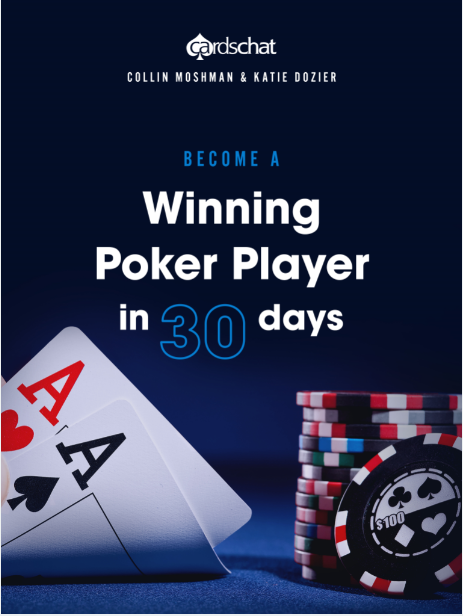Good insight into the Check-Raise play here.
By the way, I am not going to hold my breath for the "Day 31" discussion on "if a tree falls in the forest, yet no one is around, does it make a sound?"
Collin: Is that kind of like if the tree falls in the forest and nobody is around, has it actually made a sound? Have we just uncovered a massive paradox?
Katie: [laughs] I don't know, I never figured out that tree one. You know, I'm still working on that ... so...
Collin: All right, that is going to be the next slide, actually.
Katie: Day 31 -
Collin: Day 31: Sound waves.
Rather than wait for Day 31, I'll just help Katie "figure out that tree one." Most people have heard this philosophical question in pop-culture, but don't really know its history from an academic perspective. As Collin pointed out (Wikipedia also focuses on the physical element here too), it could pertain to sound waves, but this wasn't the original meaning behind the question. This was originally George Berkeley's attempt for a proof that God exists. The argument went along the lines of, "how do we know an object falling truly makes a sound?" The answer is because our senses observe this (hearing the sound is applicable here). If a tree makes a sound when it falls, even if no one is around to witness it, then how is this the case? Berkeley's logic was that then there must be a presence of one who is always there to witness and so this must be God.
http://philosophyforyou.tripod.com/berkeley.html
There are much more convincing arguments for the case that God exists, but this was the original intent behind this question.
By the way, I am a college student pursuing a major in psychology and a minor in philosophy. This "tree one" is a classic that even introductory students learn about fairly early: even in most 101 classes, but naturally only in minimal detail until more advanced levels of study.


















